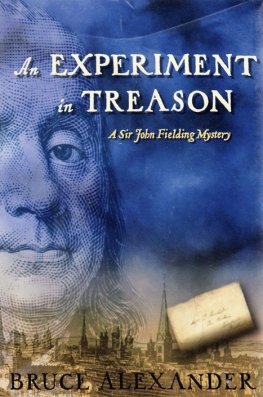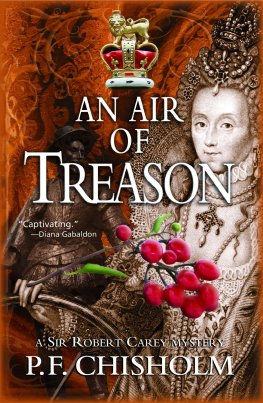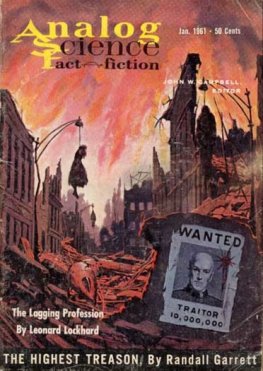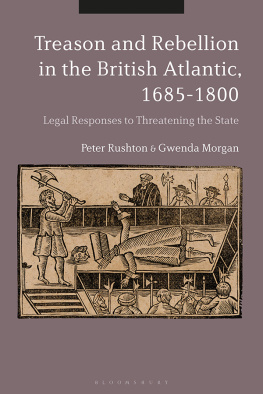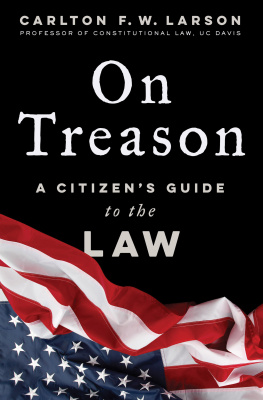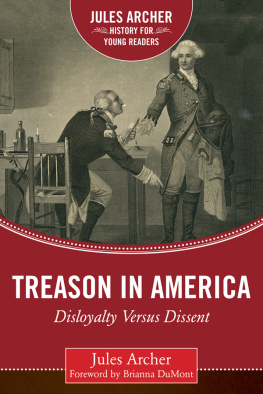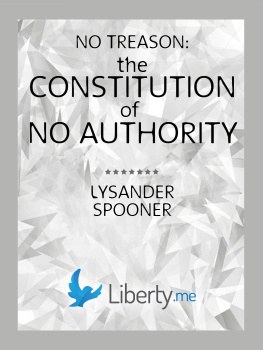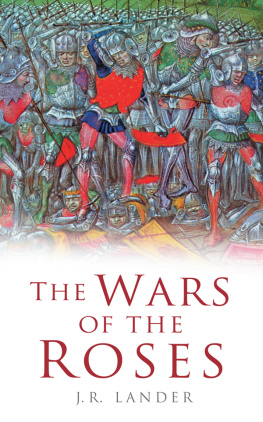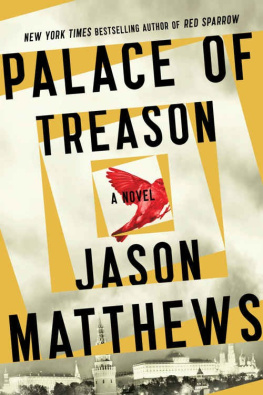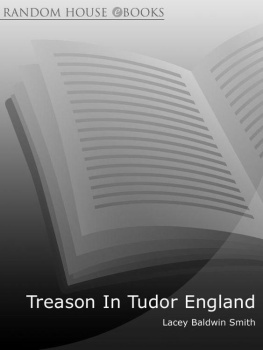Romancing Treason:
The Literature of the Wars of Roses
Megan Leitch
(p.iv) 
- Great Clarendon Street, Oxford, OX2 6DP,
- United Kingdom
- Oxford University Press is a department of the University of Oxford.
- It furthers the Universitys objective of excellence in research, scholarship,
- and education by publishing worldwide. Oxford is a registered trade mark of
- Oxford University Press in the UK and in certain other countries
- The moral rights of the author have been asserted
- First Edition Published in 2015
- All rights reserved. No part of this publication may be reproduced, stored in
- a retrieval system, or transmitted, in any form or by any means, without the
- prior permission in writing of Oxford University Press, or as expressly permitted
- by law, by licence or under terms agreed with the appropriate reprographics
- rights organization. Enquiries concerning reproduction outside the scope of the
- above should be sent to the Rights Department, Oxford University Press, at the
- address above
- You must not circulate this work in any other form
- and you must impose this same condition on any acquirer
- Published in the United States of America by Oxford University Press
- 198 Madison Avenue, New York, NY 10016, United States of America
- British Library Cataloguing in Publication Data
- Data available
- Library of Congress Control Number: 2014940460
- Printed and bound by CPI Group (UK) Ltd, Croydon CR0 4YY
- Links to third party websites are provided by Oxford in good faith and
- for information only. Oxford disclaims any responsibility for the materials
- contained in any third party website referenced in this work.
Contents
(p.v) Acknowledgements
Many people have supported me in writing this book, both directly and indirectly, and I am delighted to be able to express my gratitude here. Dan Wakelin and Helen Fulton both gave very valuable suggestions when examining the doctoral version of this book, as did the anonymous readers for Oxford University Press at a later stage. Various other medievalists assisted by kindly proof-reading chapters, offering encouragement, or discussing interesting ideas (both apposite and otherwise) at conferences and in library tea rooms and departmental corridors, including the following: Elizabeth Archibald, Joanna Bellis, Venetia Bridges, Aisling Byrne, Rob Gossedge, Sara Harris, Joni Henry, David Johnson, Amy Kaufman, Jessica Lockhart, Andrew Lynch, Margaret McCarthy, Megan Murton, Carl Phelpstead, Ad Putter, Robert Rouse, Cory Rushton, Corinne Saunders, Danica Summerlin, Kevin Whetter, and Emily Wingfield.
In its dissertation form, the writing of this book benefited from the generous support of the Commonwealth Scholarship Commission, the Cambridge University International Scholarship Scheme, the St Johns College Benefactors Scholarships, and the Social Sciences and Humanities Research Council of Canada. Thanks are also due to the Bibliothque Nationale, the Bodleian Library, the British Library, and Cambridge University Library for permission to consult their collections of manuscripts and early printed books.
Earlier versions of parts of this book have appeared as Speaking (of) Treason in Malorys Morte Darthur,Arthurian Literature, XXVII (2010), 10334, and Thinking Twice about Treason in Caxtons Prose Romances: Proper Chivalric Conduct and the English Printing Press, Medium Aevum, LXXXI.1 (2012), 4169. I am grateful to the editors of these journals for permission to develop this published material here.
My warmest thanks are due to Sin Echard, for first engaging my interest in this topic when I had the pleasure of taking her undergraduate module on medieval Arthurian literature; and most especially to Helen Cooper, who supervised both my M.Phil. and my Ph.D. with more wisdom, generosity, insight, and encouragement than I could ever have asked for. (p.vi)
(p.ix) List of Abbreviations
EETS ES
Early English Text Society, Extra Series
EETS OS
Early English Text Society, Original Series
EETS SS
Early English Text Society, Supplementary Series
M
Medium vum
MED
The Middle English Dictionary
NS
New Series
N&Q
Notes and Queries
OED
The Oxford English Dictionary
(p.x)
Introduction
- Wo hath at conyng by wysdam or prudence
- To know whether his frende be feynt or stable?
- Ther ys no creature, I trow, at hath at science
- To know his ffrendethe world ys so mutable,
- And ffrenship ys double and varry disseyvable;
- The mowthe seythe ane, e hert inketh anoer;
- Allas to say, hit ys full lementable,
- Vnneth a man now may truste his owne broer.
Scrawled in a separate hand at the end of an understudied mid-fifteenth- century vernacular miscellany, this verse critique of treachery addresses ideals of interpersonal conduct through their negation. Subsequent readers, upon reaching the end of the manuscript, endorsed the poems bleak assessment by responding to it with a manicule and a comment of marke this well. Here, the reader-response poet and commentator both react to, and epitomize, this manuscripts mode of engaging with its sociopolitical context. Those who penned this poem and their agreement with it wrote at a time when English civil strife made the volatility of social bonds an ever-present preoccupation. In the mid- to late fifteenth century, the tensions and conflicts surrounding the Wars of the Roses fostered an atmosphere of anxiety about the breakdown of social order and of traditional loyalties. The poem locates these concerns in horizontal relationships and their betrayal, in the fissures within friendship, family, and faithful alliances. In dealing with doubleness and deceit, it departs from earlier medieval models by eschewing any reference to the refuge of divine providence or the priorities of the next world. It dwells instead on its lament, refusing to disengage from its earthly momentits now, its world so mutable. Like Malory and the Paston gentry family, these readers-turned-writers belonged to a generation for whom the confidence and prosperity of Henry Vs reign were a distant memory, and whose pragmatic political consciousness was instead conditioned by the crises occasioned by Englands experience of weak kingship, unrest, and the loss of its continental possessions under Henry VI; and the resulting divisions, reversals, and rebellions of the Wars of the Roses, which continued through to the midpoint of Henry VIIs reign. This book takes as its delimiting dates


